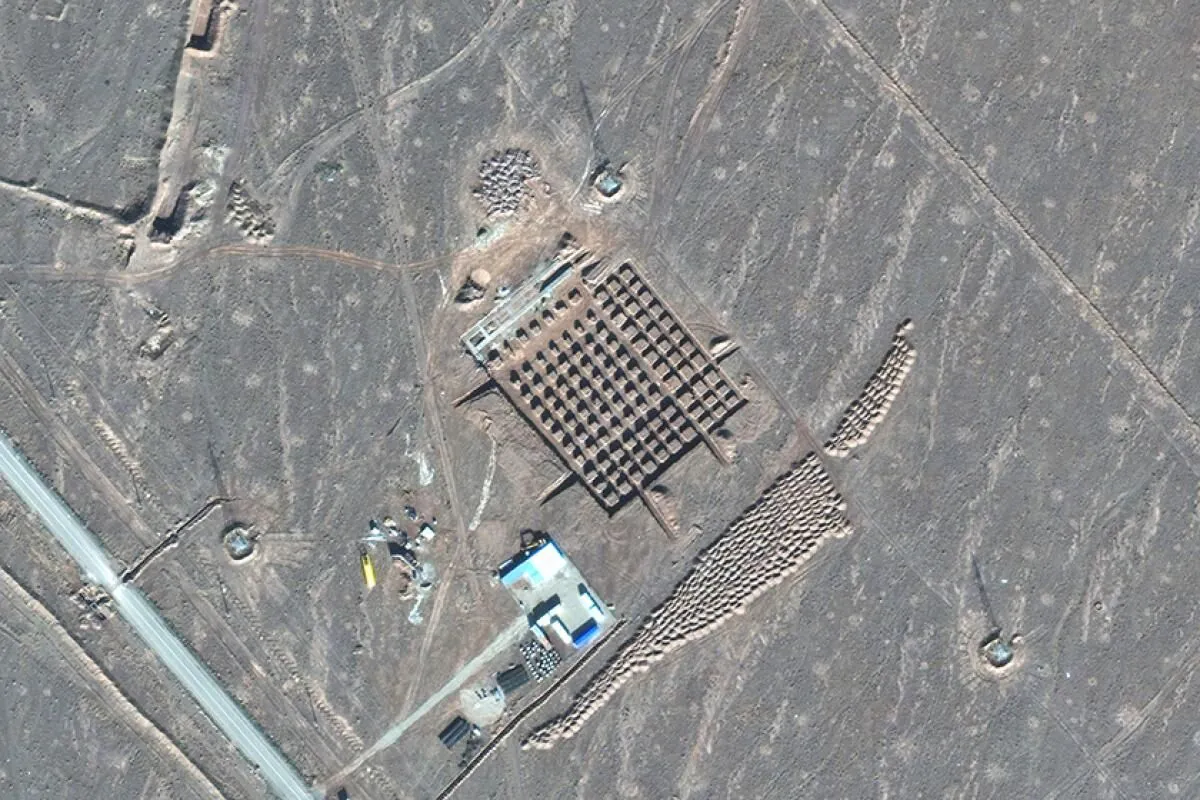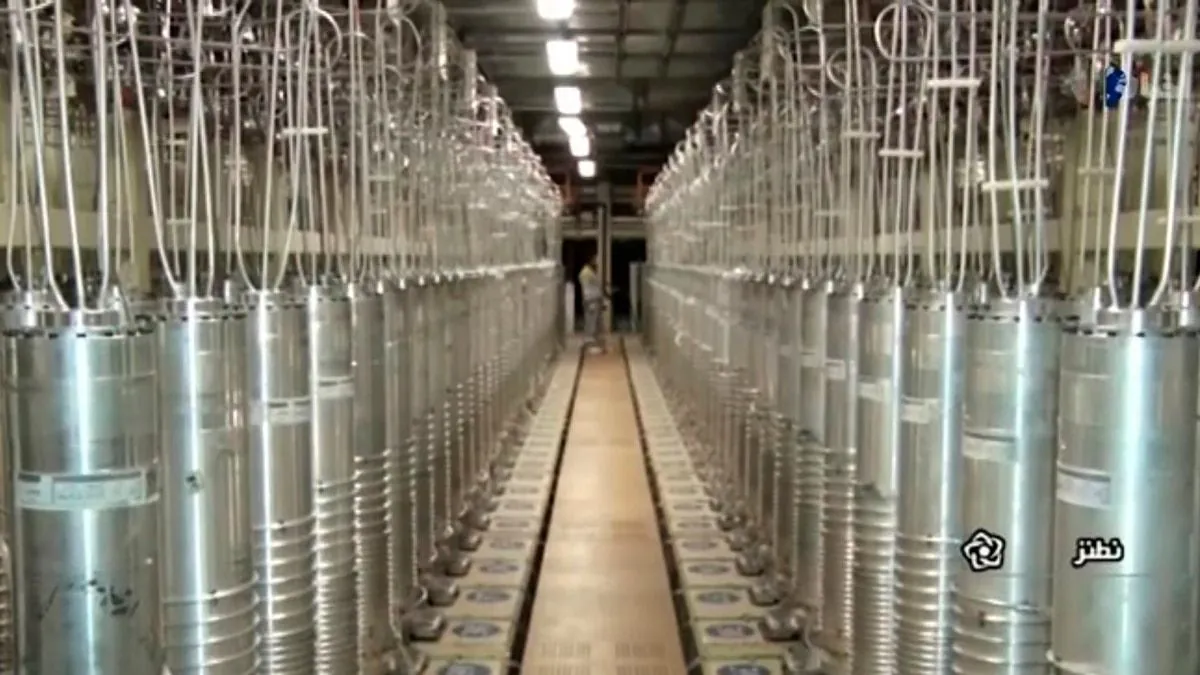Analyzing the Case for Military Action Against Iran's Nuclear Program
Recent events have reshaped the landscape of Middle Eastern geopolitics, prompting a reevaluation of strategies to address Iran's nuclear ambitions. This analysis explores the current situation and potential consequences.

In the wake of Iran's recent missile attack on Israel, which occurred on 2024-09-30, global attention has shifted to the potential response from Israel and its allies. This event has reignited discussions about the longstanding issue of Iran's nuclear program and the possibility of military intervention.
Benjamin Netanyahu, Israel's Prime Minister, has described Iran's action as a "big mistake" with consequences. Concurrently, the United States administration has expressed support for "severe consequences" against Iran for attacking a U.S. ally. However, on 2024-10-01, President Joe Biden stated he would not endorse an Israeli strike on Iranian nuclear sites.
This situation has prompted a reassessment of the military option against Iran's nuclear facilities. Proponents argue that current circumstances present a unique opportunity to address the issue decisively. Here are the key factors supporting this perspective:
Nuclear development timeline: According to U.S. Secretary of State Antony Blinken, as of July 2024, Iran's "breakout time" - the period required to produce weapons-grade uranium - has decreased to just 1-2 weeks.
Diplomatic impasse: Efforts to negotiate a new nuclear agreement have been unsuccessful, with Iran reportedly unwilling to return to the terms of the 2015 Joint Comprehensive Plan of Action (JCPOA).
Regional dynamics: Recent conflicts have significantly weakened Iran's allies, including Hamas and Hezbollah, potentially limiting retaliatory capabilities.
Justification: Iran's recent attack on Israel could be seen as providing grounds for a counteraction.

Critics of military intervention have traditionally raised several objections:
- Preference for diplomatic solutions
- Concerns about premature action
- Fear of regional retaliation
However, proponents argue that recent events have addressed these concerns. The lack of progress in negotiations, the shortened nuclear development timeline, and the reduced threat from Iran's allies have altered the strategic landscape.
It's important to note that Iran has consistently maintained that its nuclear program is for peaceful purposes. The country ratified the Nuclear Non-Proliferation Treaty (NPT) in 1970, although it has faced accusations of violating its terms. The International Atomic Energy Agency (IAEA) is responsible for monitoring Iran's nuclear activities.
The situation remains complex, with potential global implications. Any decision regarding military action would need to consider not only the immediate goals but also long-term consequences for regional stability and international relations.
"I would not support an Israeli strike on Iranian nuclear sites."
As the international community grapples with this issue, it's crucial to consider the broader context of nuclear non-proliferation efforts and the potential ripple effects of any military action in the region. The coming weeks may prove critical in shaping the future of Middle Eastern geopolitics and global nuclear security.


































